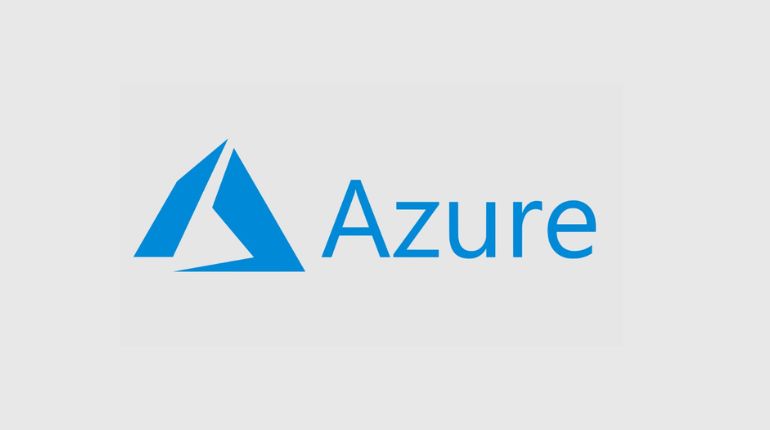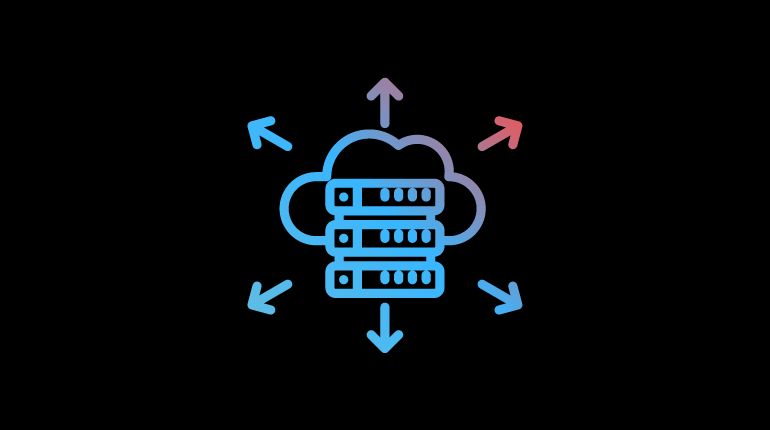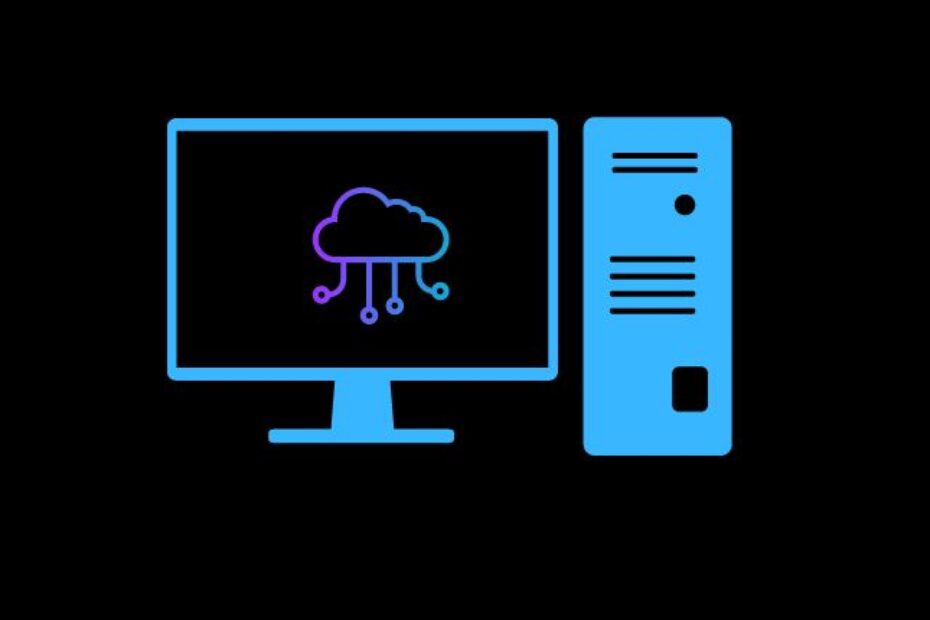In this guide, let us understand the difference between the public cloud and the private cloud. Both of these concepts are important components of cloud computing. Before getting into the differentiation between public and private cloud, we must briefly know about cloud computing.
Cloud computing is a model for delivering computing services, including servers, storage, databases, networking, software, and data analytics, over the internet. The aim is to offer faster innovation, flexible resources, and economies of scale in managing businesses.
An Insight Into Cloud Computing
When we say cloud, it refers to “the internet”. Cloud computing allows organizations to access these resources on demand without investing in and maintaining their infrastructure. It helps in reducing costs to create and manage infrastructures to maintain massive databases to keep track of volumes of ever-updating information.
Also, huge chunks of data can be conveniently accessed anytime, thanks to cloud computing technology. Cloud computing systems also offer improved data security and backup solutions. So, it helps manage the data and keep them secure from breaches or cyber-attacks. It is one of the most important aspects of cloud computing you see on both public and private clouds.
Types of Cloud Computing
There are three significant classifications of cloud computing.
Public Cloud

A public cloud is owned and operated by certain companies. They provide computing resources over the internet to multiple customers. It could be a small business or a big firm. Some popular public cloud examples are Amazon Web Services (AWS) and Microsoft Azure.
Private Cloud
A private cloud is a dedicated, single-tenant environment built for a specific organization and provides more control, customization, and security than a public cloud. Some examples of private cloud providers can be Dell, VMWare, and Oracle.
Private cloud solutions are typically owned and operated by the organization that uses them. Sometimes they are managed by a third-party company that provides dedicated infrastructure for a single customer.

Private clouds offer the same benefits as public clouds. The twist here is additional security, customization, and control. Not to mention, all of these features are provided at a substantially high price range.
Hybrid Cloud
A hybrid cloud is a combination of public and private cloud functions. It allows organizations to take advantage of the benefits of both types of clouds.
Difference Between Public Cloud and Private Cloud
Here are some of the primary differences between public and private cloud solutions.
| Public cloud | Private Cloud |
| It utilizes shared servers as multiple companies use the service. | Private cloud uses dedicated servers for one particular firm and provides them the cloud computing solutions. |
| Security is basic as compared to the private cloud due to the lower cost of resources. | Dedicated security makes cloud solutions costlier than public cloud. |
| Moderate performance due to multiple numbers of users | Presence of dedicated users assures efficient performance |
| Troubleshooting issues may take time due to so many users accessing the solutions. | Compared to the public cloud, faster resolution of tech issues |
| Multiple businesses access the solutions. | The services are dedicatedly used by a single enterprise. |
| Offers limited scalability and flexibility | The private cloud has efficient scalability and better flexibility than the public cloud. |
| The resources are shared with the public network. | The computing infrastructure and resources are shared with the private network of the firm using the solutions. |
| Less reliable in terms of functioning. | Far more reliable as it has a dedicated user base with more scope for resource utilization. |
| Public clouds are easy to manage, which is one of the reasons why it is a less costly alternative to Private clouds. | Private clouds require a higher level of expertise to set up and manage, which can increase the complexity and cost of the deployment. |
| The scope of customization in the public cloud domain is not too broad or specific when compared to the private cloud. | Private clouds offer a high level of customization, allowing organizations to tailor the infrastructure and applications to meet their specific needs. |
| Public cloud managing and exercising control over infrastructures can be challenging due to the presence of so many shared users. It is not bad by any means, but somewhere down the line, in terms of complexity and configuration, the private cloud is quite ahead of the Public cloud. | Private clouds give organizations more control over their infrastructure, including the ability to set policies, configure resources, and manage security. However, all that freedom to exercise control, set policies, manage, and tweak the functioning is quite a costly affair. |
Conclusion
That’s a wrap on the difference between the public cloud and the private cloud. Both public clouds and private clouds have their advantages and disadvantages. The choice between public and private clouds will depend on the organization’s specific requirements.
A private cloud should be an apt choice for companies that require an expensive yet high level of security and customization. On the other hand, for organizations that are looking for cost-effective solutions, a public cloud will be a wise choice. I hope this article answers your doubts and questions regarding the public and private clouds.
